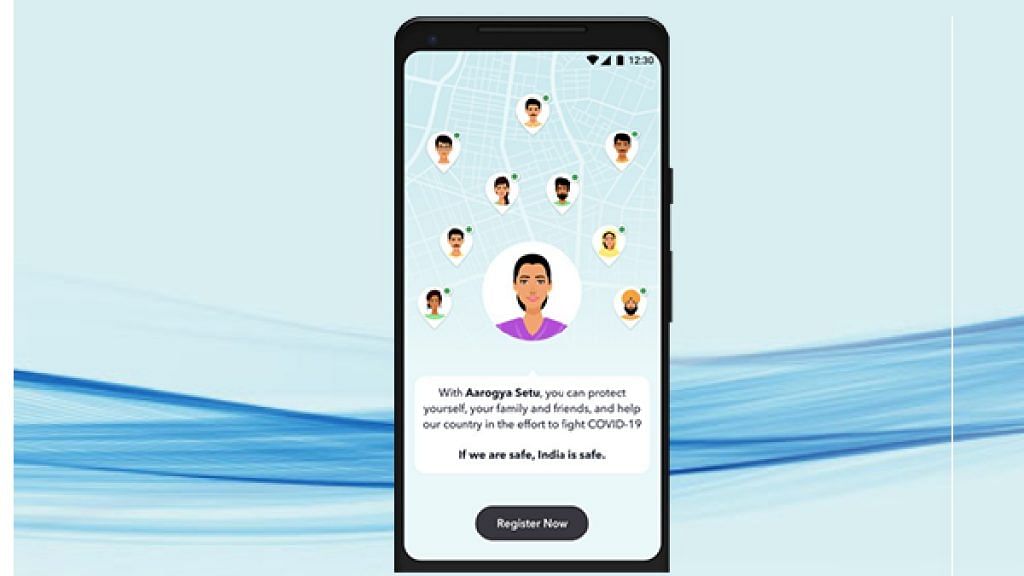New Delhi: As India gears up for the fourth phase of the nationwide lockdown, the Narendra Modi government has issued fresh instructions to all states to curb the spread of Covid-19, including ensuring that one member in every family downloads the Aarogya Setu app.
In a presentation sent to the states Saturday, the Centre has asked them to reorganise house-to-house surveillance teams to include a religious or political leader, and effectively deal with issues like “community resistance for giving samples for testing due to Ramzan”. ThePrint has accessed the document.
The government said it has been facing trouble in carrying out house-to-house surveillance, which has been a major part of its strategy to contain the spread of Covid-19.
There has been “limited active case search through House-to-House survey due to non-cooperation from the community & demotivated health workers”, said the document.
To circumvent this problem, the Centre has recommended reorganisation of house-to-house surveillance teams to include one male member, one ASHA member, one supervisor — a religious or political leader — and one police personnel.
One team should survey 100 houses a day, it said.
Also read: White-collar, blue-collar, no-collar: Discovery of a working class Modi’s India forgot
Other issues
Additionally, the government is facing trouble in testing due to delay in getting lab results and “community resistance”.
To counter these problems, it said that labs should be adequately strengthened with regard to logistics and manpower to give results on time; community should be motivated to cooperate with sample collection; and provisions should be made for labs to receive samples after 7 pm in view of ongoing Ramzan.
It also noted that its contact-tracing strategy has been ineffective “as people do not reveal names of their contacts in fear of isolation or quarantine”. It urged states to come up with mechanisms to address the apprehensions of people.
The Modi government also highlighted a less-talked about issue — waste disposal and disinfection of Covid-positive houses by municipal corporations. It urged states to ensure “distribution of bleaching powder for self sanitisation of wastes from Covid positive households, before disposing it off with general waste”.
It also listed an array of challenges being faced in densely-populated urban areas like limited spaces; poor socio-economic conditions; poor health seeking behaviour; limited access to government’s support of free ration or direct cash transfers; limited infrastructure and common use of shared toilets; drinking water taps etc; higher levels of domestic and community violence and criminal activity; and women suffering an inordinate amount of extra household work.
The Centre’s document also said that 30 municipal corporations have the “highest case load”. However, the names of the corporations were not stated.
Also read: More than half of migrant workers ready to come back to work, finds IIM survey
